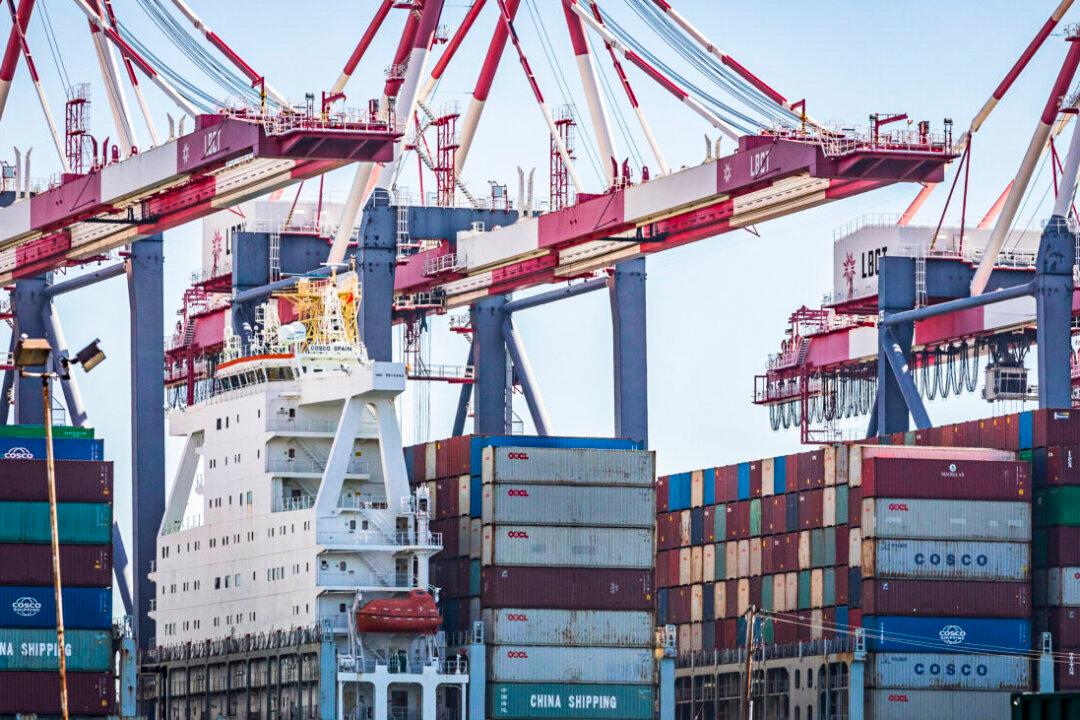The U.S. trade deficit expanded drastically in November, driven by a record surge in imports of foreign goods, according to new data from the U.S. Bureau of Economic Analysis in collaboration with the U.S. Census Bureau.
The government findings indicate that the trade deficit jumped to $80.2 billion in the penultimate month of 2021, constituting a 19.4 percent rise in the total trade gap.





